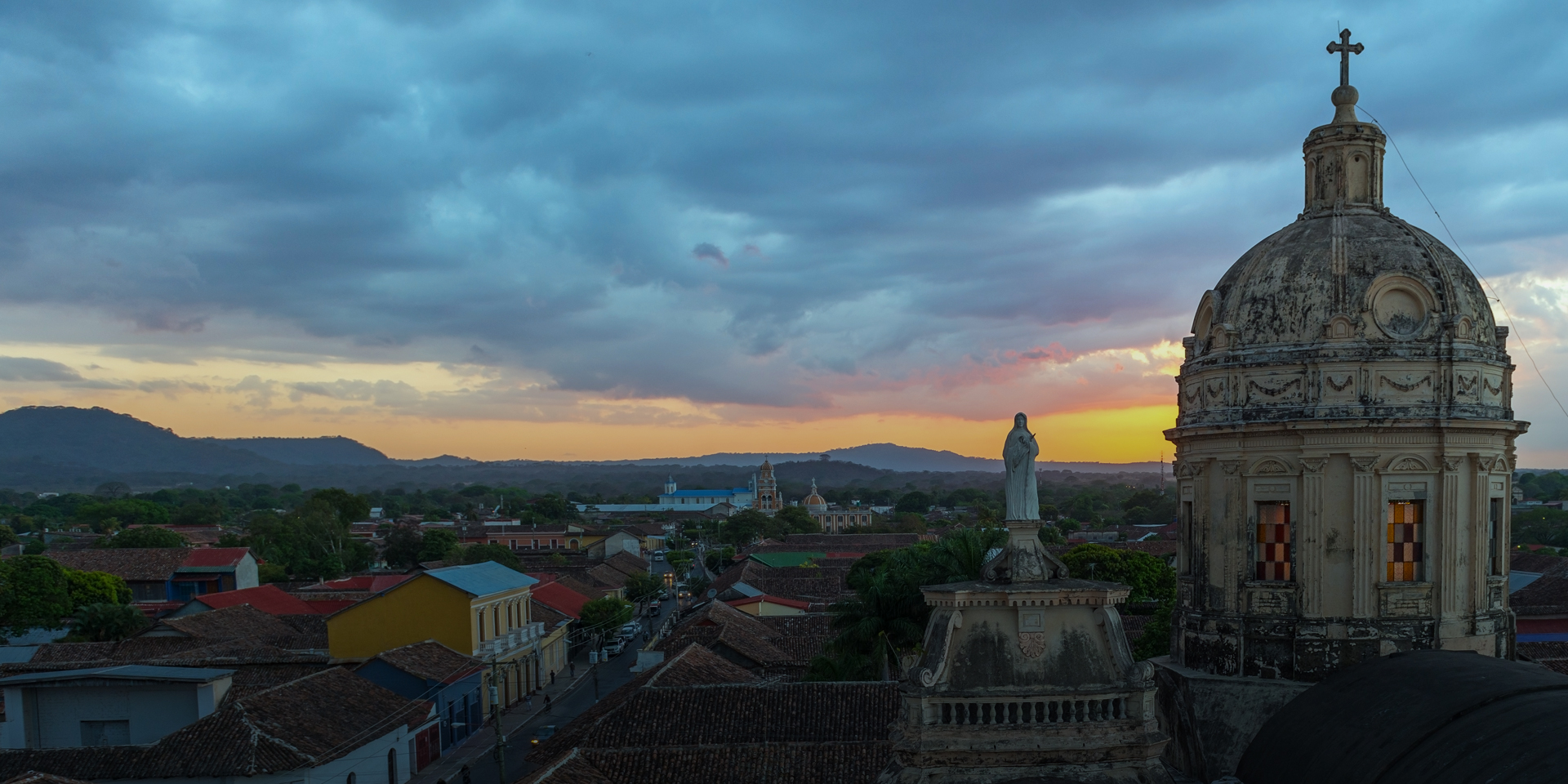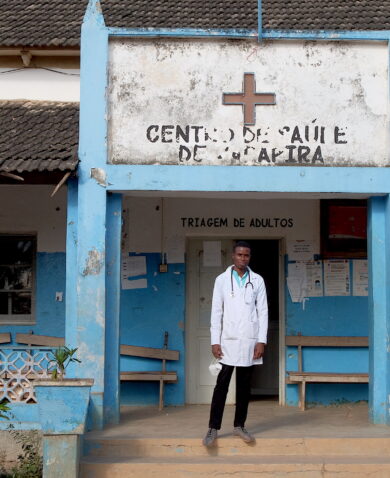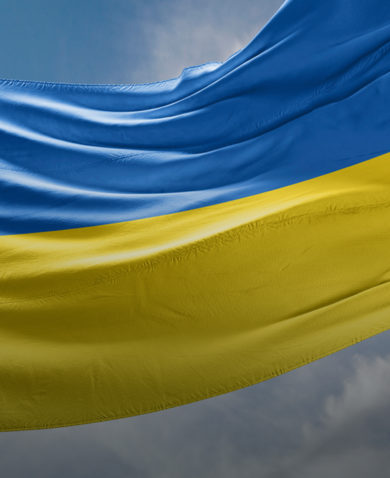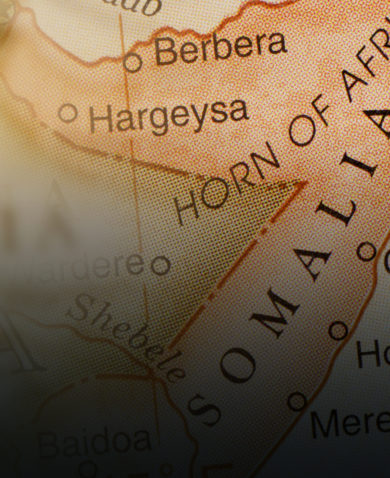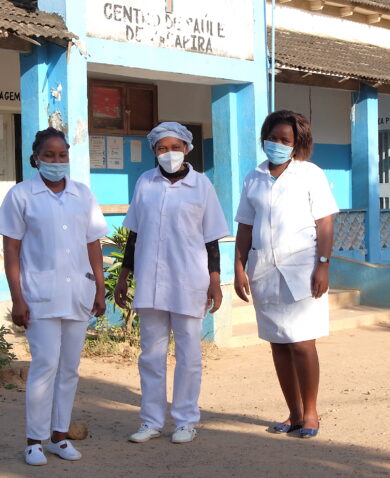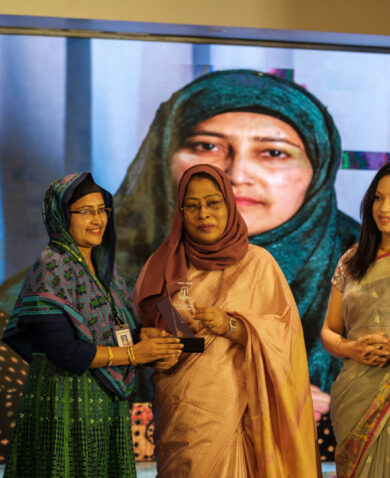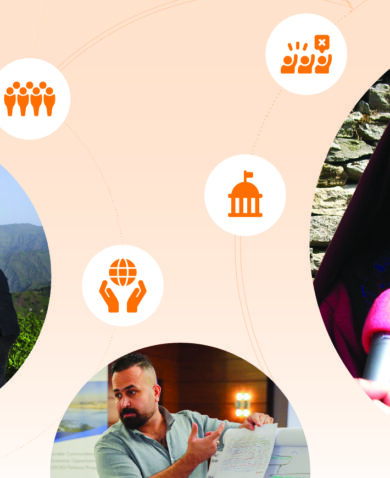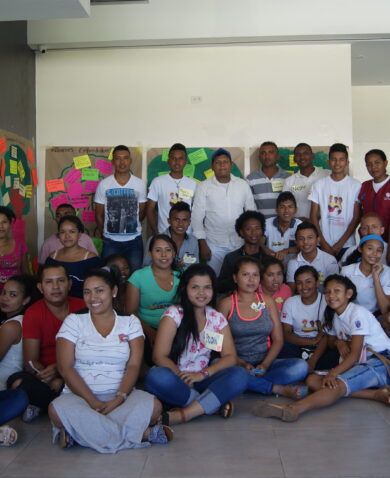Capacity Building for Civil Society Advocacy Program
President Daniel Ortega, who was elected to office in 2006, leads Nicaragua’s government. Since taking office, Ortega has engineered changes to the country’s constitution that may allow him to stay in power indefinitely. Given these changes, the government must become more transparent and accountable, which means citizens must have a stronger voice. The USAID Capacity Building for Civil Society Advocacy program in Nicaragua trained civil society organizations (CSOs) to effectively represent and advocate on behalf of citizens and advises CSOs on how to mobilize citizens to participate in public policy. The program brought the media, private sector, and CSOs together to promote civil society advocacy, awareness, and activism. Additionally, the program built on previous efforts — particularly those funded by USAID — to strengthen the capacity of key CSOs that champion democracy and receive government funding. An open competition that assessed organizational performance helped identify Nicaraguan think tanks and CSOs to participate in the program. A grants fund enabled selected think tanks to strengthen their research and outreach capacity. Selected CSOs conducted advocacy and capacity building activities to raise their public profiles, attract donors, generate public interest in their work, and implement advocacy campaigns.

